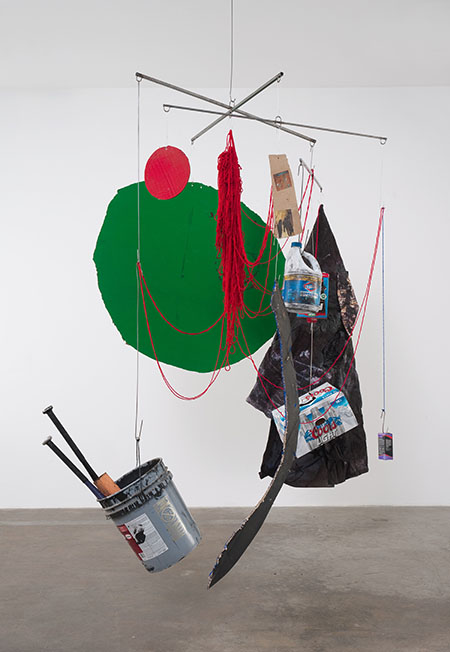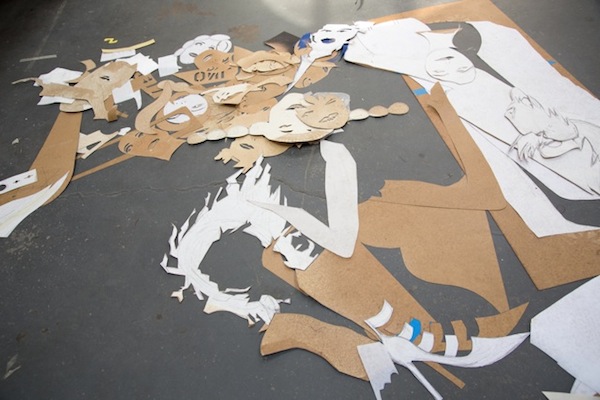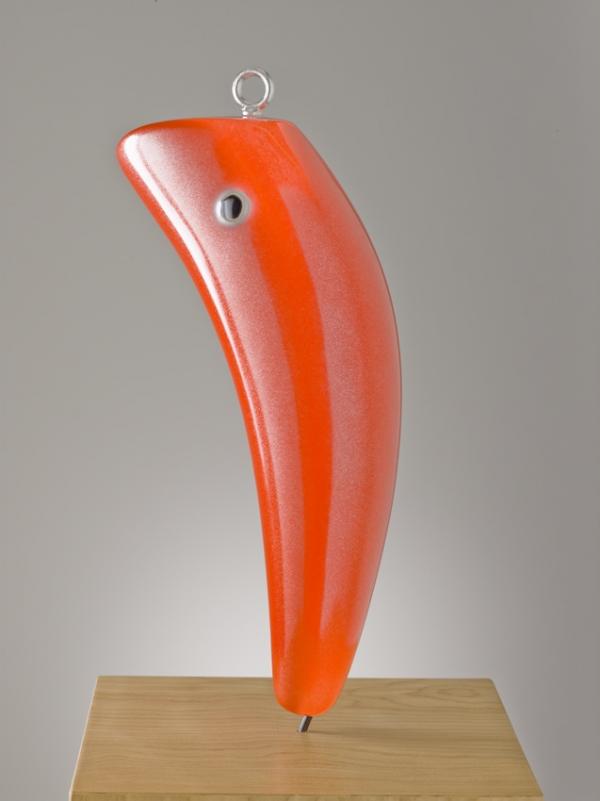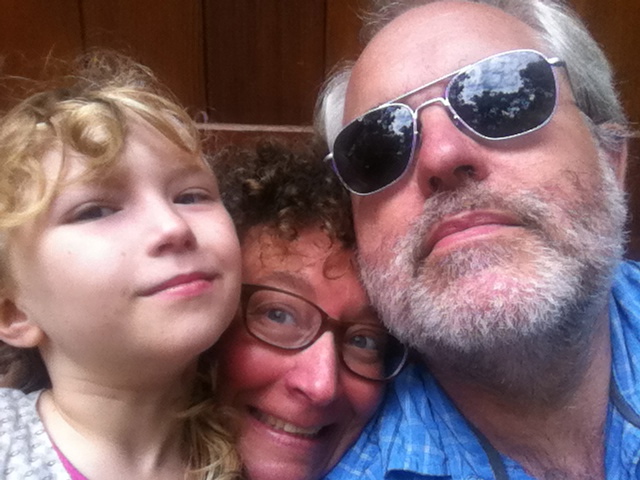For better or worse, every family has a unique dynamic. It’s a vibe that can be difficult to describe and only sometimes is intentionally cultivated. But despite its predominately subliminal nature, a family’s dynamic exerts a strong force. As kids, we began to realize what differentiated our home only by comparing ours to others. As adults, we point to these variances to explain how we turned out.
Imagine if you were raised by artists.
How would it compare to the environment of other households? What could we learn from artists in terms of fostering an atmosphere of creativity within a family unit or home?

LACMA’s latest series, Family Dynamic: Workshops Led by Artists and Their Kids, explores these questions by going straight to the source. These interactive classes are co-led by acclaimed contemporary artists from LACMA’s collection—including Glenn Kaino, Ingrid Calame, Lara Schnitger, Mathew Monahan, and Sterling Ruby—plus their children. Through discussion and art-making activities, participants discover firsthand the ways artists nurture imagination at home, and in turn, they can uncover new ideas for how to engage in artistic endeavors together as a family.
A common denominator that seems to unite the dynamic of artists with kids is an overall culture of making, which is accomplished simply through default. The children of artists often observe their parents working with their hands, playing with materials, and making things sometimes purely for the sake of experimentation. Below the surface of this general culture of creation are idiosyncrasies that make each family of artists unique.

Lara Schnitger and Matthew Monahan share a studio with their eight-year-old daughter, where she has full access to fabrics, sewing machines, wax, foams, and carving tools. Tingri is not taught "art" as a separate discipline—it’s a way of life. She plays with all of the resources that artists have at their disposal on a large scale and with a narrative sense of purpose. Tingri and her friends have an elaborate art project in development consisting of architectural models and a cast of characters made exclusively from using colored tape in inventive ways.
For Glenn Kaino and fashion designer Corey Lynn Calter, it’s primarily about a shift in mindset. They instill in their two daughters the idea of contributing to culture, not just passively consuming it via the books they read, video games they play, or clothing they wear. They’re taught to not just recognize the artists and designers behind these inventions and appreciate it, but to make art as well.
Another aspect that frequently characterizes the relationship between artists and their kids is the mutual exchange of creativity. It’s not just that artists influence their kids; their children inspire them artistically too. That two-way conversation is evident in the home of Sterling Ruby and photographer Melanie Schiff. Inspired by his daughters, who regularly make mobiles for their rooms and to hang above their brother’s crib, Ruby began building large hanging sculptures. The family mobiles often incorporate images influenced by Schiff’s poetic photography. In Ruby and Schiff’s workshop, participants will make mobiles incorporating found objects, textiles, materials, and photographs.
For Ingrid Calame and photographer Shelby Roberts, their seven-year-old daughter is the resident expert in creativity. Willa’s freedom in playing with clay and laissez-faire attitude for the “rules” of working with the material is a source of inspiration to her parents and the basis for their LACMA class.
Raising a family is the ultimate creative act. Who better to look to than artists for a new perspective? Enroll for these classes today by calling 323 857-6010 or visiting www.lacma.org/familydynamic.




